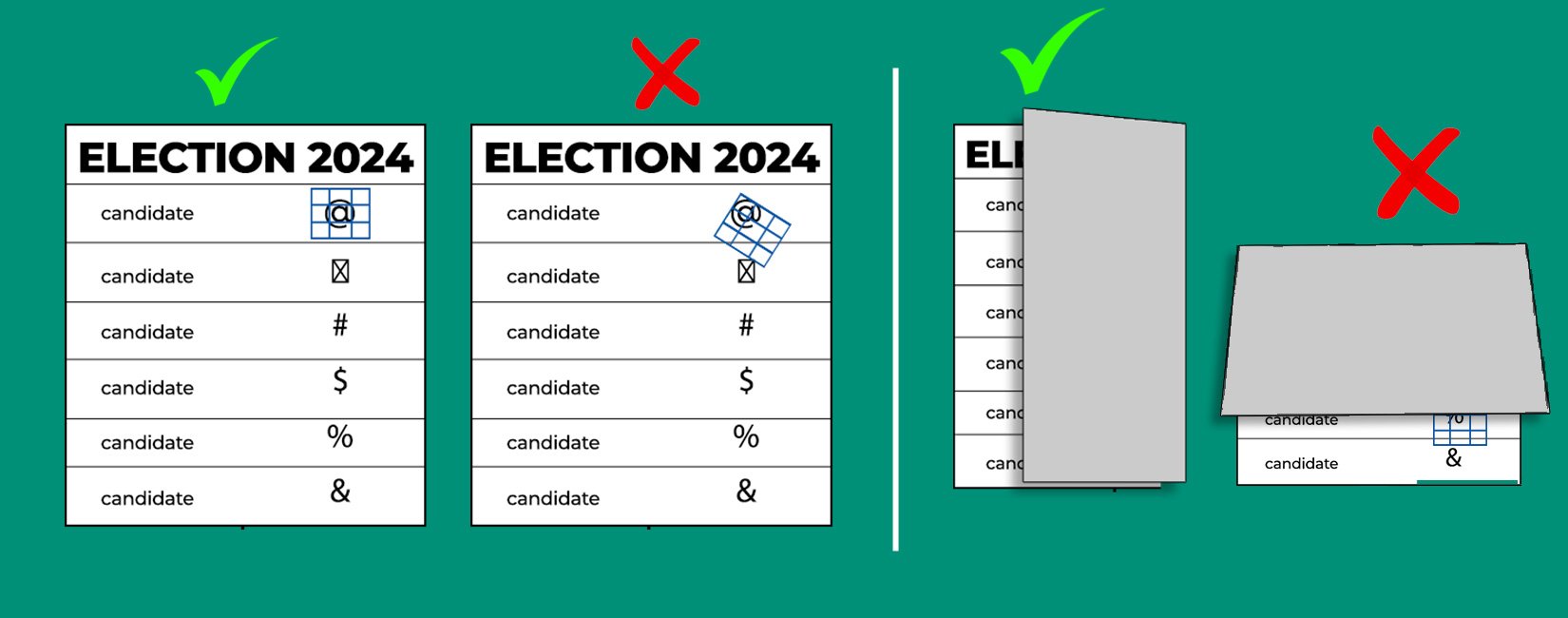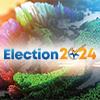How to cast vote: A step-by-step guide for new voters
This short guide breaks down the steps, making it simple for every eligible citizen to learn the drill

Participating in civic activities is one of many foundational building blocks for a strong democracy, and in Pakistan, voting is by far the best way to ensure to have your say in choosing who represents you in the legislature for the next five years.
This short guide breaks down the steps, making it simple for every eligible citizen to learn the drill and understand how to confidently cast their vote without wasting it.
From getting registered as a voter to casting your ballot in the box, let's make the process of taking part in Pakistan's elections easy to master.
To participate in general elections in Pakistan, you need to be registered as a voter.
Registration for voters remains open throughout the year, however, once the polls schedule is announced, the electoral rolls are frozen and no new registrations can be made till after the elections are held.
If you’re worried about whether you’re registered or not, you can simply SMS your CNIC number to 8300, following which you will receive information about your polling station, etc, if you’re eligible for voting.
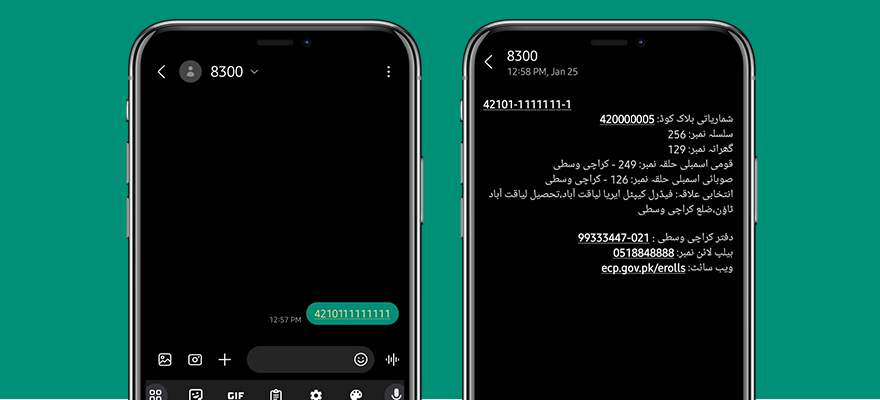
Eligibility criteria
People shall be entitled to be enrolled as a voter if they are:
● Citizens of Pakistan
● Not less than 18 years of age
● Posses a Computerised National Identity Card (CNIC) issued by the National Database and Registration Authority (Nadra) at any time till the last day fixed for inviting claims, objections, and applications for preparation, revision, or correction of electoral rolls
● Not declared by a competent court to be of unsound mind
● Deemed under Section 27 of the Election Act 2017 to be residents in the electoral area. [A person shall be deemed to be a resident in an electoral area if his temporary or permanent address in the CNIC issued by the Nadra lies in the said electoral area]
Voting procedure
To cast a vote, one should present themselves in person at the polling station with his/her CNIC.
Remember, the polling staff will not allow anyone to vote without the original CNIC — not a copy.
Once you’ve entered the polling booth, the presiding officer will check your name and number in the electoral list, call it out, and then strike it off in the list to indicate that a ballot has been issued to you.
Since elections for national and provincial assemblies are being held on the same day, you will be provided with two ballot papers.
The ballot paper will be stamped and signed at the back by the presiding officer.
Remember, your vote won't be considered eligible for counting if it is missing the stamp or the signatures at the back.
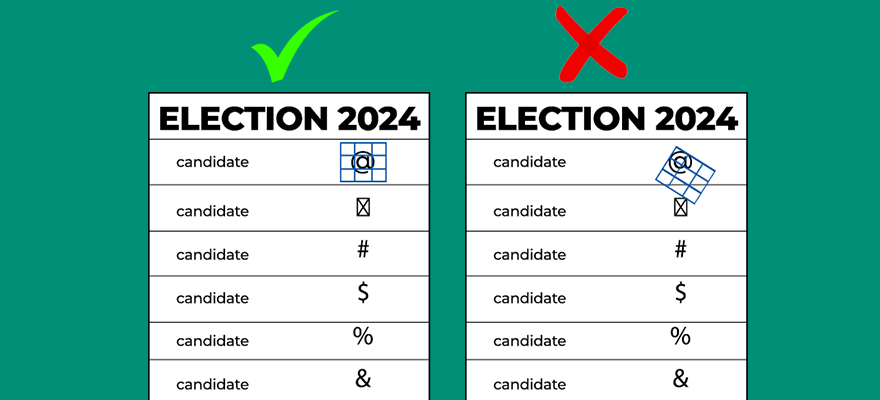
You will be required to receive a personal mark made with indelible ink on any finger or thumb of either hand.
The presiding officer will also record your voter number on the electoral roll and ID card number on the counterfoil of the ballot paper and will stamp it with the official mark and sign it.
They will then take your thumb impression on it as well as on the electoral roll against your entry.
Once all this is done, you can proceed to the area reserved for marking the ballot paper.
Remember, the lines could be long, so be considerate of others and try to be quick.
If for some reason you are incapacitated or unable to exercise your right to vote on your own, the presiding officer shall allow your assistance to complete the process.
Rejection of vote
Using the stamp provided, mark the space containing the name and symbol of your preferred candidate. Once done, fold and insert it in the ballot box. Make sure to fold your ballot paper lengthwise, so that the ink doesn't spread on other candidates' space on the ballot paper, otherwise, your vote can be rejected at the time of counting.
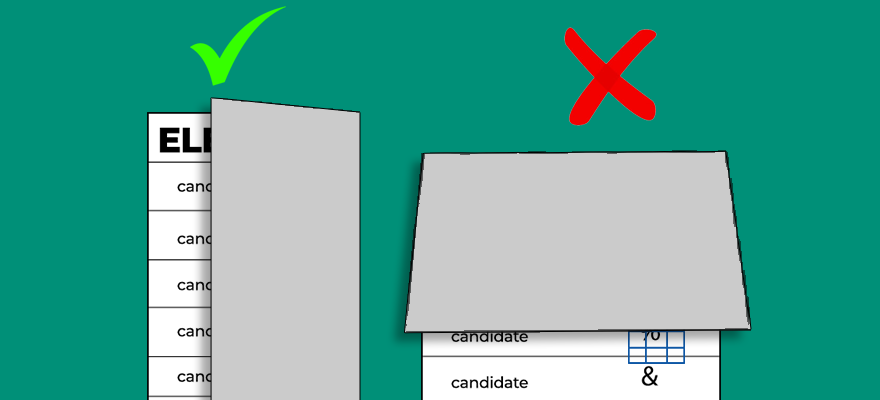
As we conclude this guide on how to cast your vote, remember that your participation in the democratic process is a powerful tool for shaping the future of the nation.
It is hoped that this tutorial will empower you to engage confidently in the electoral process.
Let your voice be the driving force behind positive change, and may your vote contribute to Pakistan's democratic journey. Happy voting!



